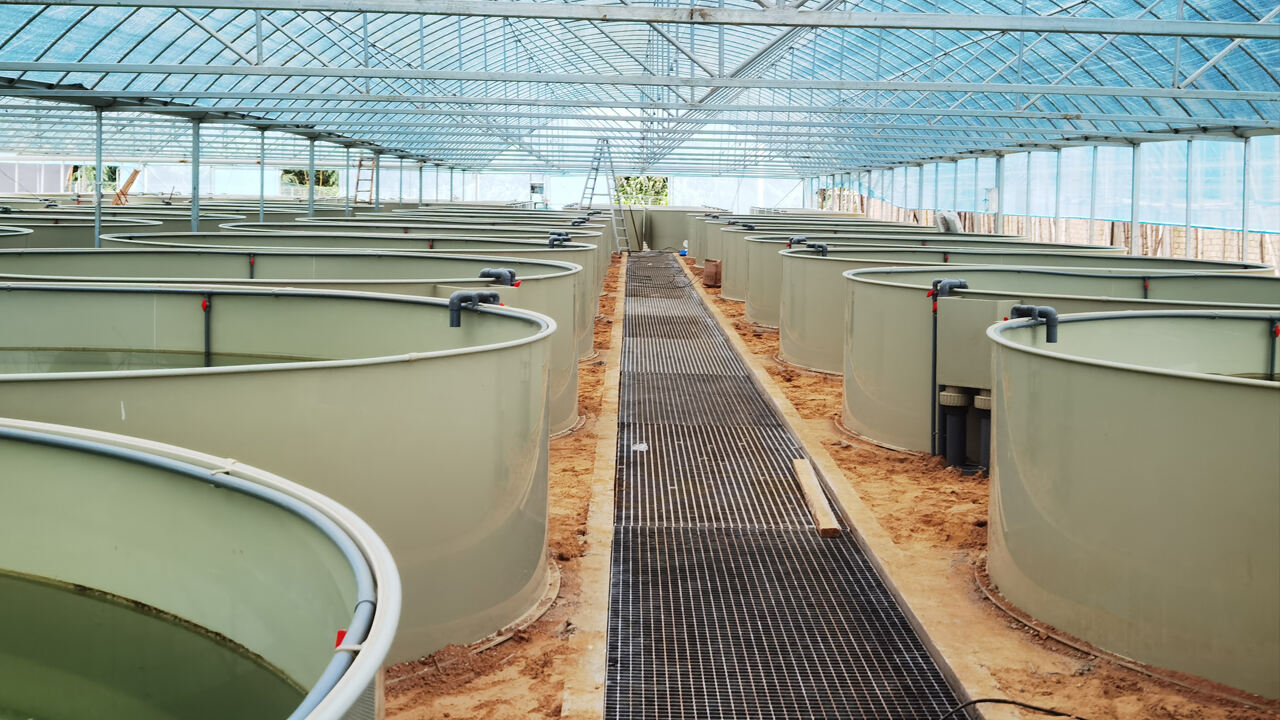
1. Commercial value: Raising healthy, high-quality seahorses can fetch a high selling price. The demand for seahorses in the ornamental fish market continues to grow, and if a stable aquaculture environment and supply chain are successfully established, seahorse farming can be a commercially viable project.
2. Ecological protection: Wild seahorses are currently facing threats from overfishing and habitat destruction, and some seahorse populations are endangered. By farming seahorses it is possible to reduce dependence on wild resources and help protect wild seahorse populations and habitats.
3. Controllability and sustainability: The growth and reproduction conditions of seahorses can be better controlled through well-designed aquaculture environments, increasing the efficiency and productivity of aquaculture. Farmed seahorses can be produced sustainably compared to wild-caught, and can meet market demand with less pressure on wild populations.
4. Knowledge transfer and scientific research: Seahorse farming requires in-depth research and knowledge of the ecological habits, reproductive behavior and feeding management of seahorses. Seahorse breeding can promote in-depth research on seahorse biology and help researchers to pass on their knowledge and technological innovation.
5. Education and awareness-raising: The seahorse breeding project can be used as a platform for education and publicity to convey the importance of seahorse conservation to the public, and enhance the public's knowledge and awareness of marine ecological conservation.
It should be noted that there are also some challenges and risks associated with seahorse farming projects, such as high technical requirements, high investment costs for equipment and facilities, and fluctuations in market supply and demand.
The RAS system can provide effective support for seahorse farming:
1. Stable water quality: RAS system can maintain the stability of water quality by circulating and filtering the water. Stable water quality is very important for seahorses as they are very sensitive to changes in water quality. RAS systems can stabilize and maintain key parameters such as ammonia, nitrate and pH, providing a suitable growing environment.
2. Water saving: RAS system can effectively recycle and reuse water, reducing the demand for water. This can be very beneficial to seahorse farming, especially in areas where water is scarce or where there are strict water management restrictions.
3. Disease prevention and control: The RAS system can effectively control the spread of pathogens and infections by filtering and disinfecting the water. Seahorses are susceptible to disease, so the RAS system provides a cleaner and more hygienic aquaculture environment, reducing the risk of disease transmission.
4. Temperature control: RAS system can realize precise control of water temperature and maintain a constant water temperature. For seahorse breeding, temperature stability is very important to provide the right temperature conditions to help seahorses grow and reproduce.
5. Oxygen supply: RAS system can provide sufficient dissolved oxygen to ensure that the oxygen content in the water meets the demand of seahorses. Seahorses have a high demand for oxygen, especially in high-density aquaculture, and the RAS system can ensure sufficient oxygen supply.
In summary, the RAS system provides the advantages of stable water quality, water saving, disease prevention and control, temperature control and oxygen supply for seahorse culture. By adopting the RAS system, the culture efficiency can be increased, the culture environment can be improved, and the health and growth of seahorses can be helped.
Our professional sales team are waiting for your consultation.